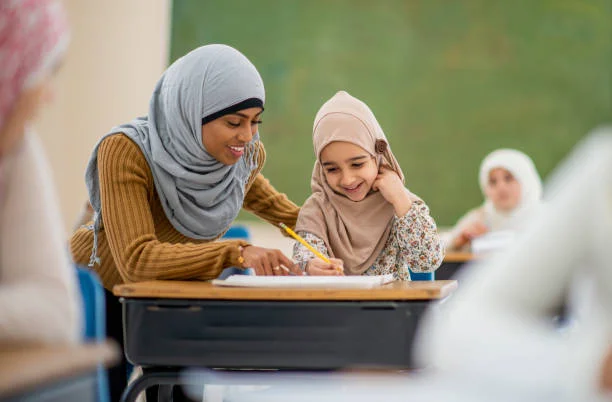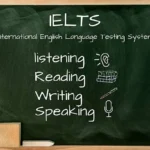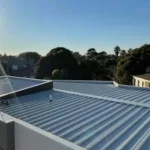Picking a school that nurtures both your child’s mind and soul feels like searching for a unicorn sometimes. The best private muslim schools don’t just teach kids to pray and memorize verses – they create environments where faith and learning feed off each other. After talking to dozens of parents and educators, I’ve learned that the magic happens when schools stop treating religion and academics as separate boxes. The challenge is finding institutions that genuinely excel at both, not just claim they do.
What Makes a Muslim School Actually Good at Both Areas
The standout schools I’ve researched share some surprising similarities. They don’t just add Islamic studies as an afterthought – they weave Islamic principles into how they teach everything. At King Khalid Islamic College, for example, their science teachers regularly discuss how natural phenomena reflect Allah’s creation, making both subjects more meaningful.
Data from the Australian Association of Islamic Schools shows that top-performing Muslim schools dedicate 25-30% of instruction time to Islamic education, compared to 15-20% at struggling schools. But here’s the kicker – it’s not just about time allocation. The best schools hire teachers who can connect Islamic concepts to contemporary learning.
Research from the University of Melbourne’s education department found that students at integrated Islamic schools score 18% higher on critical thinking assessments compared to those at schools where subjects remain compartmentalized. This suggests that when done right, Islamic education actually enhances analytical skills rather than competing with them.
Academic Standards That Actually Prepare Kids for University
Let’s be real – your kid needs to compete with everyone else for university spots and career opportunities. The best Muslim schools understand this pressure and don’t use faith as an excuse for lower academic standards.
Looking at ATAR results from the past five years, schools like Minaret College and Islamic College of Melbourne consistently produce graduates who score above state averages. These schools offer advanced mathematics, multiple science streams, and robust English programs alongside their Islamic curriculum.
What’s fascinating is how some schools use Islamic scholarship traditions to enhance academic rigor. The emphasis on memorization, debate, and textual analysis in Islamic education actually builds skills that transfer beautifully to subjects like literature, history, and even scientific research methods.
Spiritual Development Beyond Basic Religious Education
Here’s where many schools fall short – they confuse religious instruction with spiritual growth. The best Muslim schools create environments where kids develop genuine relationships with their faith, not just memorize rules and rituals.
Successful programs I’ve observed include peer mentoring systems where older students guide younger ones in both academic and spiritual matters. Some schools have established community service requirements that connect Islamic values to real-world action, like organizing food drives during Ramadan or tutoring disadvantaged kids.
The Islamic Schools Association of Australia’s 2023 survey revealed that schools with strong spiritual development programs see 31% higher parent satisfaction rates and better student behavior outcomes. Students at these schools report feeling more confident about their identity and better equipped to navigate cultural challenges.
Faculty Quality and Cultural Balance
This aspect really determines whether a school succeeds or fails at dual excellence. The best Muslim schools hire teachers who bring both academic credentials and cultural sensitivity to their classrooms.
I’ve found that schools with diverse teaching staff – including both Muslim and non-Muslim educators – often create richer learning environments. Non-Muslim teachers bring fresh perspectives and help students engage with broader society, while Muslim educators provide authentic religious guidance and cultural understanding.
Teacher retention data shows that the most successful Muslim schools invest heavily in professional development, sending faculty to Islamic education conferences while also supporting advanced degrees in their teaching subjects. This dual investment pays off in classroom quality and student outcomes.
Community Integration and Preparation for Real World
The strongest Muslim schools I’ve studied don’t create isolated bubbles – they prepare students to thrive as confident Muslims in diverse environments. This means exposing kids to different perspectives while strengthening their own faith foundation.
Some schools partner with local non-Muslim schools for academic competitions, cultural exchanges, and community projects. Others invite guest speakers from various backgrounds to share expertise in different fields while respecting Islamic values.
Turn curiosity into clarity and insight—find more knowledge now on Management Works Media.






